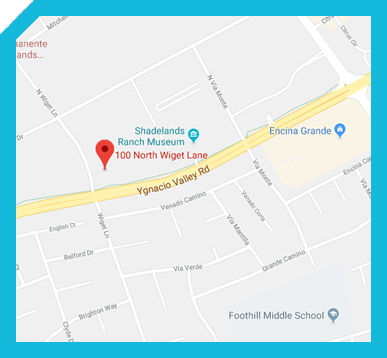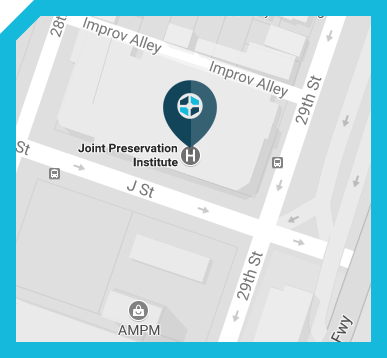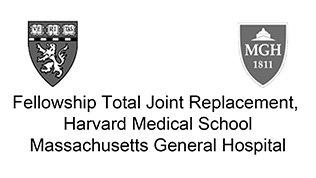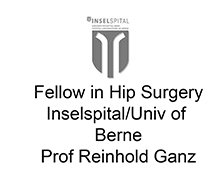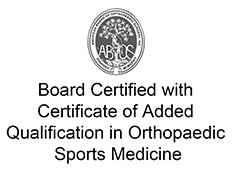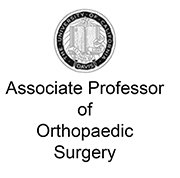
Joint replacement surgery is a common medical procedure. The dedicated professionals of Joint Preservation Institute offer the following recommendations and suggestions to help you make the most of your time after joint replacement surgery, ensuring a quick, comfortable and efficient recovery.
Read on as experienced Sacramento and Walnut Creek orthopaedic surgeon Dr. Amir Jamali explains what you need to know after your joint replacement procedure.
Before Heading Home
Although outpatient joint replacement is increasing in frequency, if you have the surgery in a hospital, it is normal to spend at least one day there following your surgery.
During this time, you may experience pain, swelling and general discomfort. Dr. Jamali prescribes medication to help you manage your symptoms. After a few days, you will be discharged and sent home to recover. If you are unable to perform basic functions (going to the bathroom, walking with an assistive device or getting in and out of bed), you may be transferred to a dedicated recovery center.
At Home
Once home, you may need some assistance for the first few weeks. You will want to spend as much time as possible recovering. If possible, consider asking a trusted family member or professional caregiver to lend a hand. A companion, for example, may be able to help with:
- Laundry
- Cleaning and housekeeping
- Emotional support
Dr Jamali and the JPI staff will provide you with specific information regarding your procedure, but some general principles apply. Follow your physical therapy and rehabilitation program to the letter —any undue stress or injury may hinder your recovery.
It’s a good idea to make use of the following:
- Shower chair or bar for bathing
- Lightweight claw grabber to get to objects out of reach
- Pillow between your knees to keep pressure off the joint
Sleeping and Appetite

It’s not uncommon to have trouble sleeping after joint replacement surgery. If you’re having trouble getting around and out of bed, try as much as possible to keep a normal schedule. Avoid taking excessive naps throughout the day in order to maintain a standard sleep schedule.
You may also experience a loss of appetite following your operation. That is perfectly normal, but try to eat a balanced, healthy diet regardless of your appetite.
It’s vital that you stay hydrated. As a general rule, try to drink at least six to eight 8-ounce glasses of water or refreshing liquid every day. Your appetite for solid food will recover quickly.
Lastly, a consistent medication routine is crucial. Take your medication at the same time each day — that way, you won’t forget!
Contact the Joint Preservation Institute Today
If you’re considering joint replacement surgery, feel free to contact us for a personal consultation.




 Here’s What to Know After Joint Replacement Surgery
Here’s What to Know After Joint Replacement Surgery 
